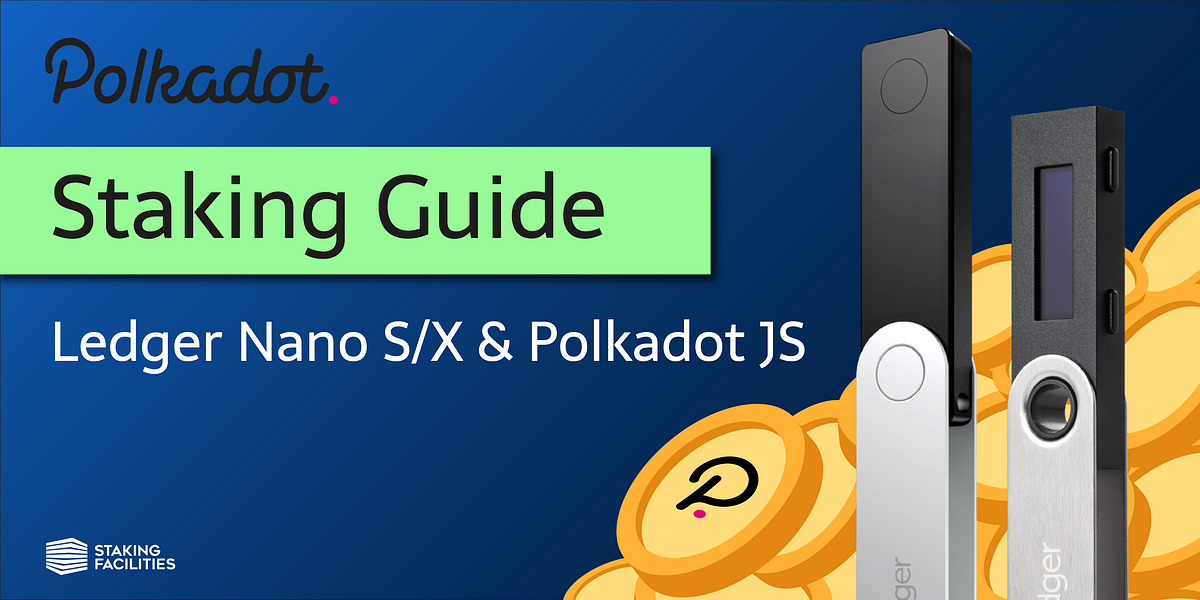

#Ledger live stake software
The security of coins staked on software wallets depends on the security of the user’s computer or smartphone, the exec added.

“When staking with a software wallet, you own your coins, as you own your private keys, but the security of your coins is dependent on an external source of security,” Zinder stated.
#Ledger live stake full
“The main difference between staking on a software wallet versus staking with a hardware wallet is security,” Zinder said, noting that hardware wallets remain the “safest way for users to maintain full control of their digital assets.” Staking coins through a hardware wallet has a number of peculiarities compared to staking via software wallets or crypto exchanges, Alex Zinder, head of Ledger Enterprise, told Cointelegraph. Staking via hardware wallets vs software wallets and exchanges The latest staking addition joins six coins already available for staking on Ledger Live, including Ether ( ETH), Tezos ( XTZ), Polkadot ( DOT), Cosmos ( ATOM), Algorand ( ALGO) and others. The new staking feature is enabled on the Ledger Live application in cooperation with the blockchain service Figment, which provides nodes for staking using the Ledger validator. On Monday, Ledger introduced staking for Solana ( SOL), allowing investors to earn SOL by committing the cryptocurrency to support the Solana network. Ledger, a major hardware cryptocurrency wallet supplier, has been actively working on its crypto staking features since debuting staking in 2019.
#Ledger live stake portable
Some hardware wallet providers have been integrating the staking feature into their portable physical devices as well. Originating from the word “stake,” the staking process refers to gaining profits and an associated passive income from crypto through a consensus mechanism known as proof-of-stake (PoS), as opposed to the mining-based proof-of-work (PoW) mechanism of Bitcoin ( BTC).Īmid the growing popularity of PoS, staking has been growing quite popular on online crypto exchanges and software wallets, with many trading platforms actively adopting the feature. (Make sure you have selected the ” CLO ” on the Network menu.As cryptocurrency staking is growing increasingly popular, one may wonder about staking opportunities of not only crypto exchanges or software wallets but also hardware wallets.īy definition, staking allows investors to earn crypto without selling their holdings but rather by delegating crypto to a staking validator to support a blockchain. Connect your ledger to your computer, enter your PIN code, and select the Callisto app. Just click below for a detailed description of Cold Staking!ġ. So, the longer you set the initial staking period, the greater your reward will be. That means you will not get any reward for the days exceeding specified staking period, even if your funds remain in the Cold Staking.

Note: Adding funds to an active cold stake will reset the current round and result in the loss of the pending reward.If the remaining staking period is more than 27 days, it remains unchanged.If the remaining staking period is less than 27 days, your Cold Staking round will be prolonged by 27 days (minimum staking period).It is possible to add more CLO coins to an active cold staking:.However, rewards can be claimed after each round. It is not possible to remove staked CLO before the end of the defined period (round(s)).The longer you set the initial locking duration, the greater your reward will be. When you start staking, you can set the locking duration.You need to keep some CLO on your wallets to cover transaction fees (~1 CLO is enough).This makes it a much safer and eco-friendly way to earn passive income with cryptocurrencies. The cold staking contract collects 40% of all mining reward and distributes it to the cold stakers in direct proportion to their holdings.Ĭold stakers earn a passive income simply by locking their coins for a determined period of time. Ledger devices are the most widely used hardware wallets on the market today for storing bitcoin, ether, and others altcoins.Ĭold staking is not related to proof of stake or a consensus mechanism cold stakers neither generate blocks nor confirm transactions.


 0 kommentar(er)
0 kommentar(er)
